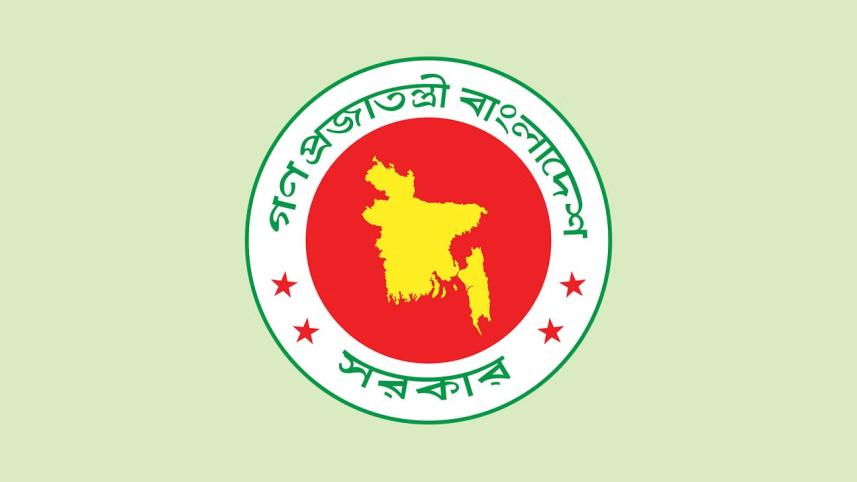Govt’s domestic borrowing surpasses target by Tk 2,000cr

Despite underspending its budget, the government borrowed more from domestic sources than planned in the last fiscal year (FY), as revenue collection shortfalls, waning foreign aid, and rising interest costs forced it to plug a widening gap.
Bangladesh Bank data show net domestic borrowing reached Tk 119,365 crore in FY2024-25, overshooting the revised target of Tk 117,000 crore. This came even as preliminary figures from the Ministry of Finance suggest more than Tk 1.5 lakh crore of the Tk 7.44 lakh crore budget went unspent.
Finance ministry officials attributed the additional borrowing to revenue collection, which fell well below the target.
According to National Board of Revenue (NBR) data, it missed its revised target of Tk 3.71 lakh crore by Tk 92,626 crore.
Speaking on the matter, Zahid Hussain, former lead economist at the World Bank's Dhaka office, said the debt composition is moving towards becoming more expensive.
"The government's domestic borrowing has increased, and all of it is expensive, with interest rates above 10 percent. In contrast, borrowing from foreign assistance, which is cheaper, has declined.
"This means the interest burden will rise further. Unless revenue mobilisation increases or expenditure becomes more efficient, debt stress will intensify in the future," explained the economist.
According to central bank data, in the first 11 months of FY25, expenditure increased by 20 percent year-on-year, including interest payments. The government had originally allocated Tk 113,500 crore for interest payments in FY25 but later revised it to Tk 121,500 crore as payments surged.
Out of the total borrowing from domestic sources, the government had targeted Tk 99,000 crore from the banking system but ultimately borrowed Tk 77,107 crore.
In contrast, from non-bank sources, the government initially targeted borrowing Tk 18,000 crore, including Tk 14,000 crore from the net sales of national savings schemes. However, it ended up making a net repayment of Tk 6,063 crore under the schemes as sales plummeted.
To make up for the additional expenditure, the government borrowed Tk 48,322 crore from other non-bank domestic sources, such as non-bank financial institutions, insurance companies, and individual investors through treasury bonds and bills.
Overall, its total borrowing from such sources stood at Tk 42,259 crore, much higher than the original target.
"While one reason for higher non-bank borrowing is that it is considered a safe investment, the bigger reason could be the higher interest rates offered there," stated Hussain.
Also speaking on the matter, Selim Raihan, professor of economics at the University of Dhaka, stated that borrowing from treasury bonds increased as they offered attractive interest rates, which many investors see as secure and stable.
"That has encouraged even institutional buyers who were not very active before to enter this market," he noted.
He identified regulatory changes as another factor. "Previously, treasury bonds were mainly accessible through banks, but now individuals can buy them directly. That has widened participation beyond savings certificates."
"While individuals can only purchase up to a certain limit in savings certificates, treasury bonds have no such ceiling. Anyone can buy as much as they want. This is a key reason behind the shift, especially at the individual level," he added.
Prof Raihan, also the executive director of the South Asian Network on Economic Modeling, noted that weaker sales of savings certificates may also reflect households' reduced savings capacity.
"High inflation squeezed the middle class, the main buyers of savings certificates, as well as lower middle-income groups who used to buy savings certificates occasionally. Their ability to save has diminished," he said.
Another factor, he added, is lower government expenditure.
"Since the current government took office in August, its fiscal approach has been cautious, with significant cutbacks in expenditure. As a result, borrowing needs have also remained contained."
However, he warned that the trend carries risks for the economy.





 For all latest news, follow The Daily Star's Google News channel.
For all latest news, follow The Daily Star's Google News channel.
Comments